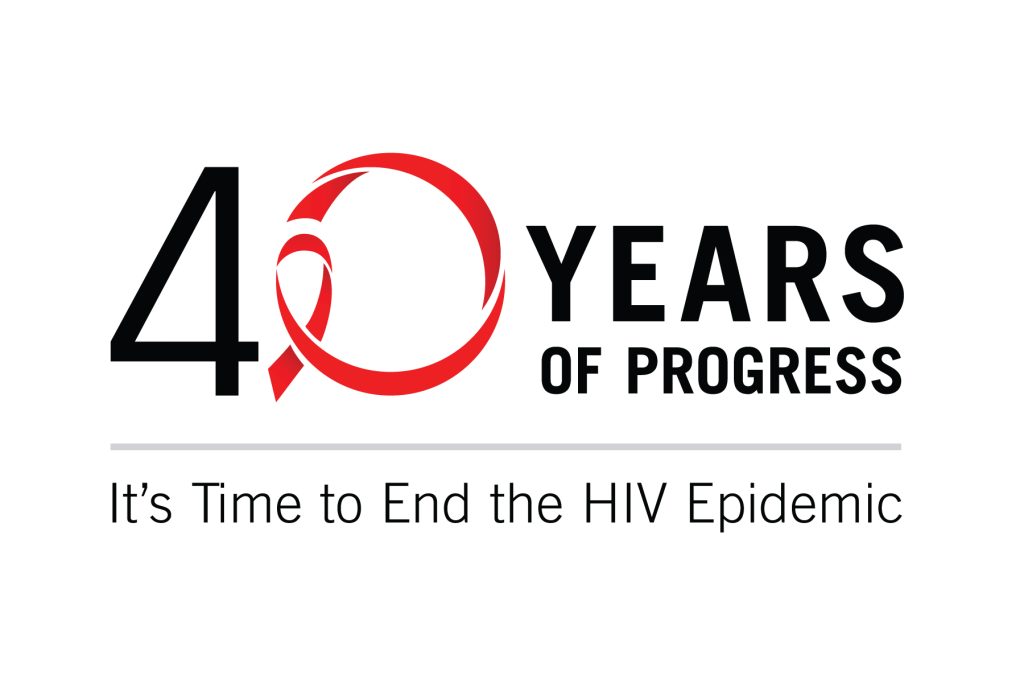The virus weakens a person’s immune system by destroying important cells that fight disease and infection. There is currently no effective cure for HIV. But with proper medical care, HIV can be controlled. There is also medicine, as well as changes in behavior, that will prevent infection with HIV.
HIV is not a death sentence. With early diagnosis and treatment, a person living with HIV can live a normal life span of 70 years.
Some groups of people in the United States are more likely to get HIV than others because of many factors, including the amount of undiagnosed and untreated HIV in their community, as well as their risk behaviors.
COPE has gathered a collection of HIV fact sheets from the CDC* and NIH** that covers all the basics – from risk to prevention to testing through care and treatment. If you would like to talk to someone about your HIV risk, testing, prevention, or care, please contact us.
- HIV 101
- HIV Testing 101
- Living with HIV 101
- HIV Treatment Basics
- HIV and Older Americans
- HIV Treatment as Prevention 101
- PEP 101
- PrEP 101
- Safer Sex for HIV 101
- HIV and Injection Drugs 101
- How to clean your syringes 101
* CDC stands for the Centers for Disease Control and Prevention
**NIH stands for the National Institutes of Health

